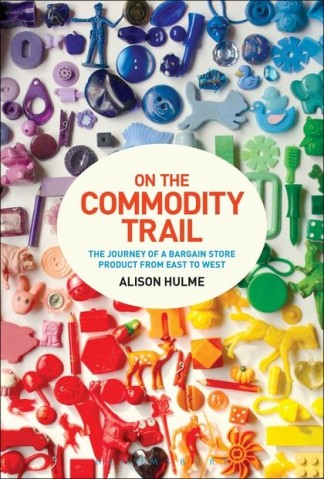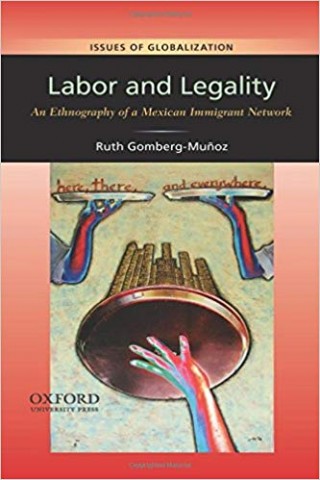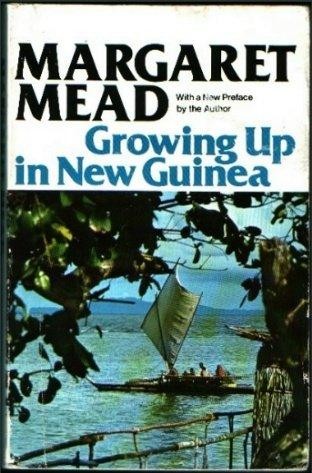Alison Hulme's "On the Commodity Trail: The Journey of a Bargain Store Product from East to West" (2015) tracks the geographies that products move within. Starting with an inquiry in Bargain Stores, Hulme begins in the dump in Shanghai, then to factories, over seas in containers and via global ports, back to the bargain store, and projecting the likely return to the dump. I picked up the book looking for an ethnography I might use to teach an introductory undergraduate course. This did not fit that purpose, but is interesting nonetheless. Unfortunately for the author, the commodities spaces change so rapidly that this 2015 publication could be read as a history, as these geographies and processes have changed so rapidly. The book is easy to read and is well suited to lower level undergraduate courses.
Ruth Gomberg-Munoz first book, Labor and Legality (2011), explores the lives of undocumented Mexicans living in Chicago. This book, Becoming Legal: Immigration Law and Mixed-Status Families (2017), explores the experiences of seeking legal status. The chapters follow the process, rooted in ethnographic research. The book is accessible. I used this book in a first-year undergraduate course and the content was well suited, particularly alongside some more theoretical readings. Recommended reading for those seeking an introduction to the use of ethnography and legal anthropology.
I spent much of the summer looking for good ethnographies that would be suitable for first year undergraduate students - essentially a book that is not written for anthropologists, not heavy with theory, while still presenting the value that ethnography can offer. Gomberg-Munoz's Labor and Legality (2011) fit that well. The book also provides insight into a contemporary issues, which we encounter in our social media feeds and on the daily news, making it a book that can be quite engaging. If you are looking for an accessible ethnography on the topic of migration to the US (specifically, undocumented migration from Mexico), this is book well worth picking up. It is also quite useful as a book for teaching. Many of the ethnographies I read were more appropriate for graduate students and experts. Labor and Legality works well for a broader audience.
Margaret Mean is one of Anthropology's focal early theorists. She has penned a number of books covering issues of childhood, gender, age and aging and sexuality. Amongst her fieldwork, she worked in New Guinea, during the period between WWI and WWII. The resulting book, "Growing Up in New Guinea" (1930) explores the educational process of infants, children and youth alongside providing a broader picture of the lifecycle and way of life.
Mead seeks to use anthropological study to understand human nature. She explains: "Isolated on small Pacific Islands, in dense African jungles or Asiatic wastes, it is still possible to find untouched societies which have chosen solutions of life's problems different from our own, which can give us precious evidence on the malleability of human nature." (p. 4) The approach was not one to answer a specific research question, but to learn with an open mind, something which has slightly been lost in Anthropology as students and researchers are required to clearly outline research questions in seeking admission and/or funding. Mean explains that she "made this study of Manus education to prove no thesis, to support no reconceived theories. Many of the results came as a surprise to me…" (p. 5).
On the power of culture and impact of education, Mead concludes: "Although education can not alter the fact that the child will be in most important respects like the culture within which he is reared, methods of education may have far-reaching effects upon the development in the child of that sum total of temperament, outlook, habitual choice, which we call personality" (p. 223). Throughout, Mead reflects on the Manus society with that of America, and to an extent Samoa (where she previously did fieldwork). As an example: "If we are horrified to see a baby sitting all alone in the end of a canoe with nothing to prevent his clambering overboard into the water, the Manus would be equally horrified at the American mother who has to warn a ten-year-old child to keep his fingers from under a rocking chair, or not to lean out the side of a car." (p. 27)
On anthropological study and anthropological work, Mead provides some outlines: "With the aid of writing and an analytic point of view, it is possible for the investigator to master in a few months most of the traditions which it takes the native years to learn." (p. 5). This description reads rather ambitiously, if not condescending. A more detailed description in the Appendix explains: "In order to acquire this technique, he has devoted a great deal of time to the study of different primitive societies and the analysis of the social forms which are most characteristic of them. He has studied non-Indo European languages so that his mind will adjust easily to linguistic categories which are alien to our own. He has studied phonetics so that he may be able to recognize and record types of sound difficult for our ears to distinguish and even more difficult for our organs of speech to pronounce, accustomed as they are to different phonetic patterns. He has studied diverse kinship systems and gained speed in handling kinship categories so that the Manus scheme, which results, for instance, in individuals of the same generation addressing each other by grandparent terms, is not a perplexing obstacle but falls readily into a clear and easily comprehended pattern of thought. In addition, he is willing to forsake the amenities of civilised life and subject himself for months at a time to the inconveniences and unpleasantness of life among a people whose manners, methods of sanitation, and ways of thought, are completely alien to him. He is willing to learn their language, to immerse himself in their manners, get their culture sufficiently by heart to feel their repugnances and sympathise with their triumphs." (p. 281-282)




